Optimal Seasons for Tree Removals
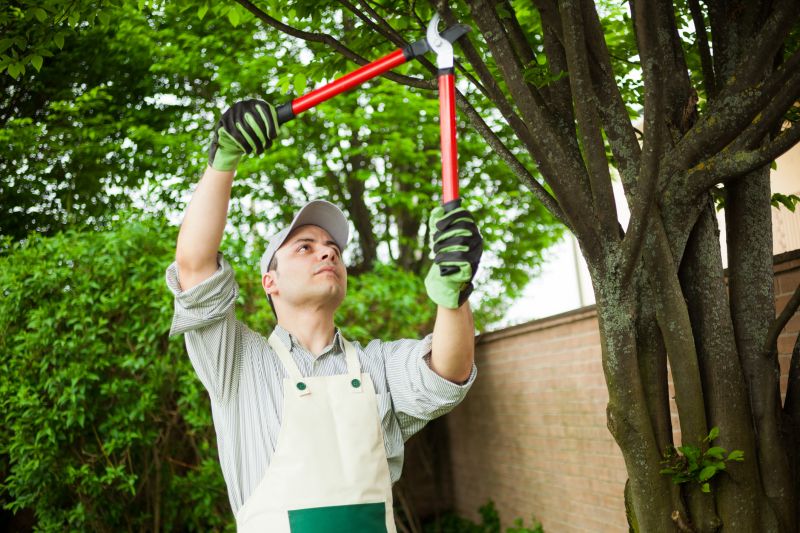
Spring offers moderate weather conditions, making it suitable for tree removal projects before the peak growing season.
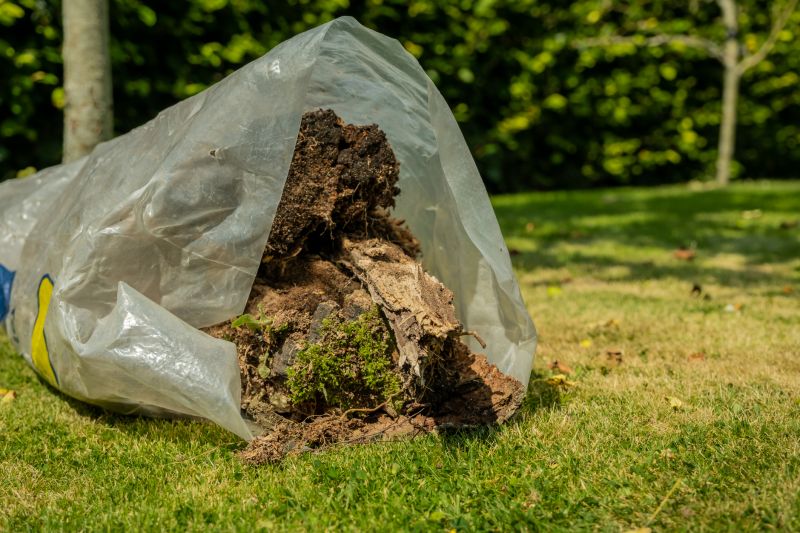
Summer's warmth can accelerate growth, but it's generally not ideal due to increased foliage and heat stress.
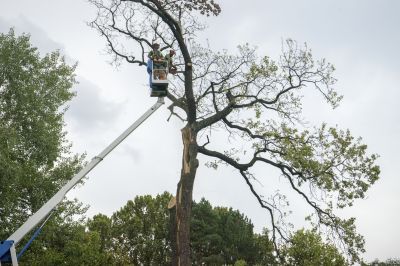
Fall provides cooler temperatures and less foliage, facilitating safer and more efficient tree removal.
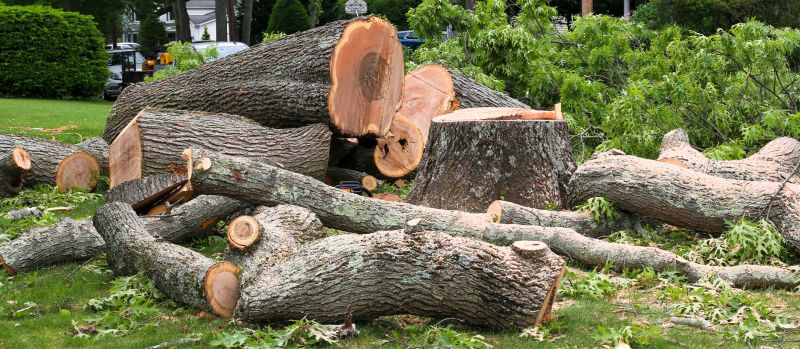
Ways to make Tree Removals work in tight or awkward layouts.
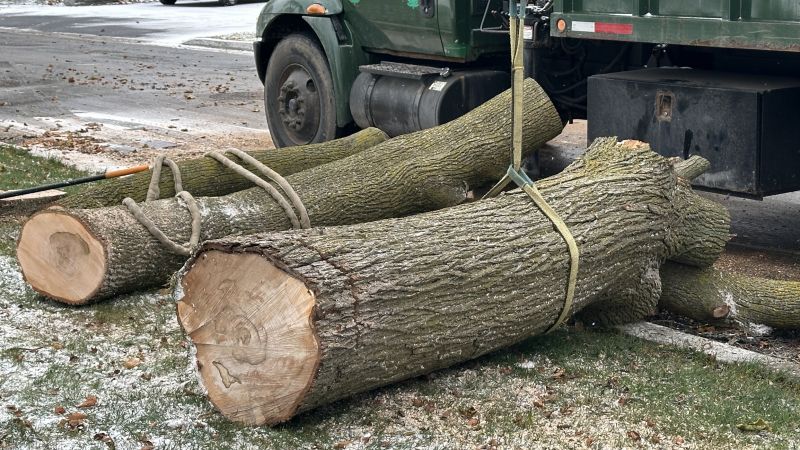
Popular materials for Tree Removals and why they hold up over time.
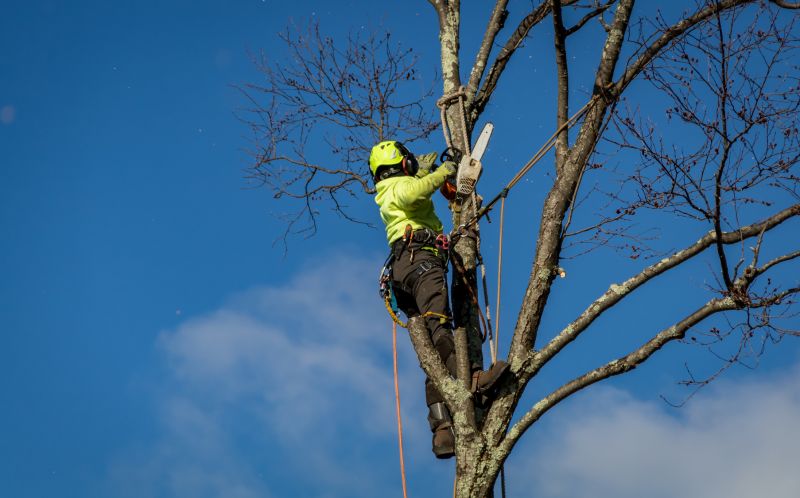
Simple add-ons that improve Tree Removals without blowing the budget.
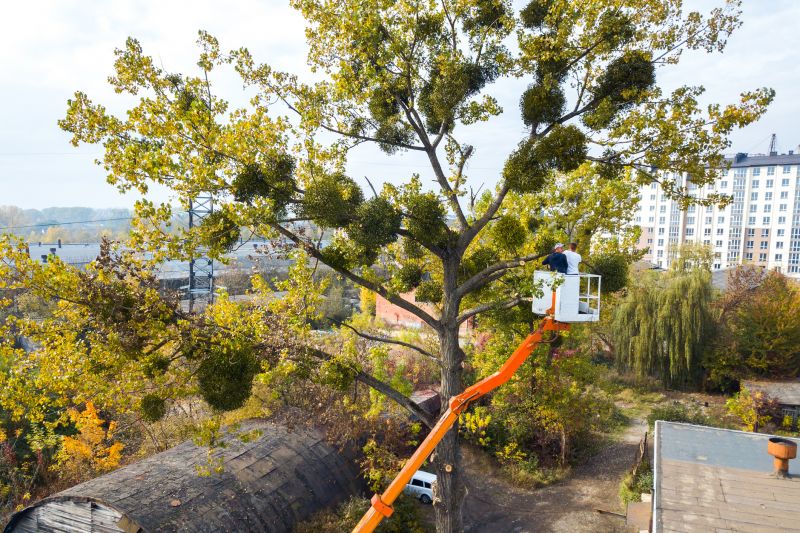
High-end options that actually feel worth it for Tree Removals.
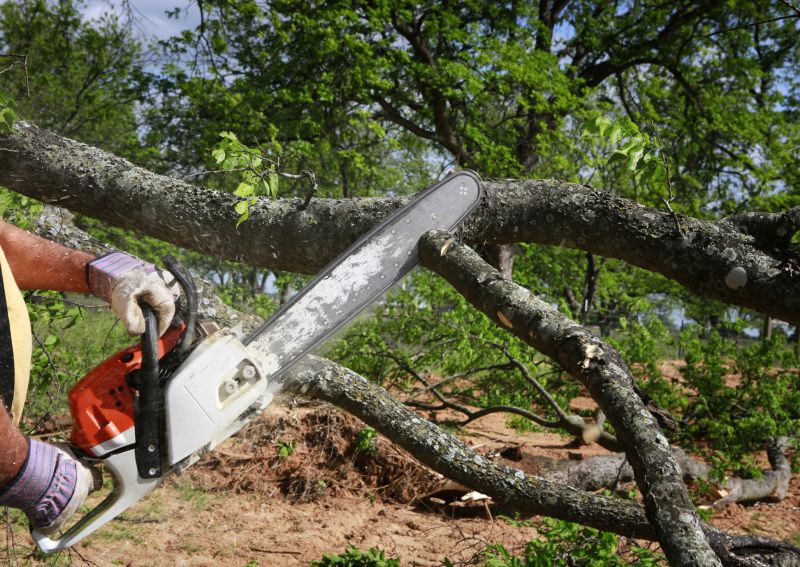
Finishes and colors that play nicely with Tree Removals.
Tree removals are often scheduled based on seasonal conditions to ensure safety, efficiency, and minimal impact on surrounding landscapes. The timing can influence the health of remaining vegetation and the ease of removal operations.
Optimal timing considers factors such as weather, leaf coverage, and tree dormancy. Proper scheduling can reduce complications related to wind, moisture, and foliage density, ultimately leading to safer and more effective tree removal processes.
Winter is often considered the best time for tree removal due to frozen ground conditions and leafless trees, which improve safety and accessibility.
Timing tree removal during dormancy minimizes stress on surrounding vegetation and reduces the risk of disease spread.
Spring removals should be planned carefully to avoid disrupting budding trees and flowering plants.
High temperatures and dense foliage can complicate summer removals, increasing safety risks.
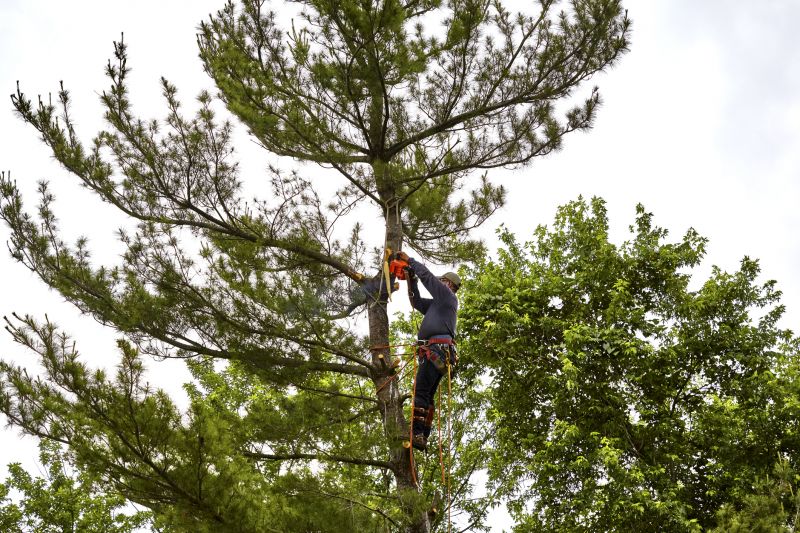
Proper equipment is essential for safe and efficient tree removal, especially in winter conditions.
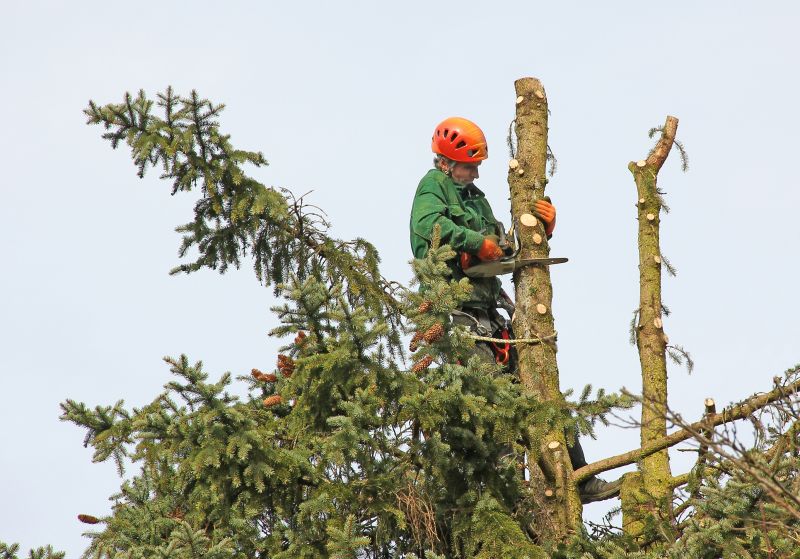
Using appropriate safety gear reduces risks associated with tree cutting and falling.
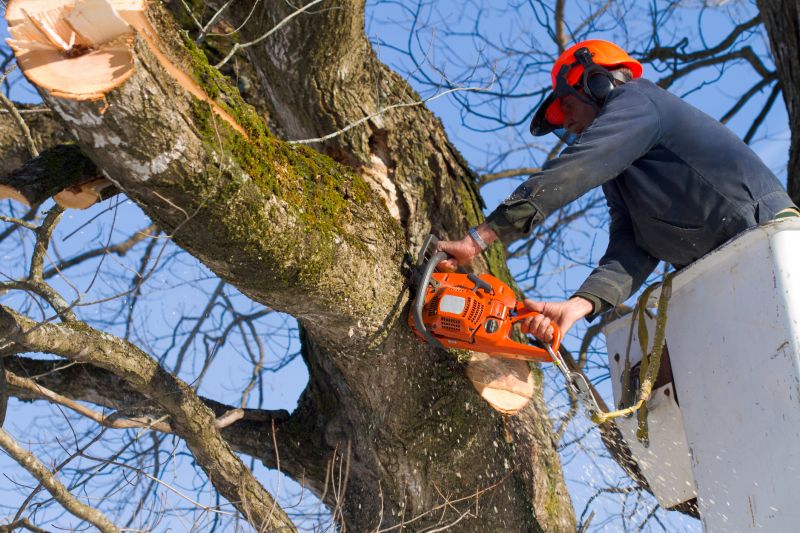
Visual evidence of professional tree removal operations in different seasons.
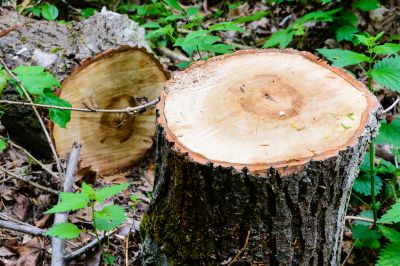
Images showcasing the landscape after tree removal, highlighting the importance of timing.

Little measurements that prevent headaches on Tree Removals day.
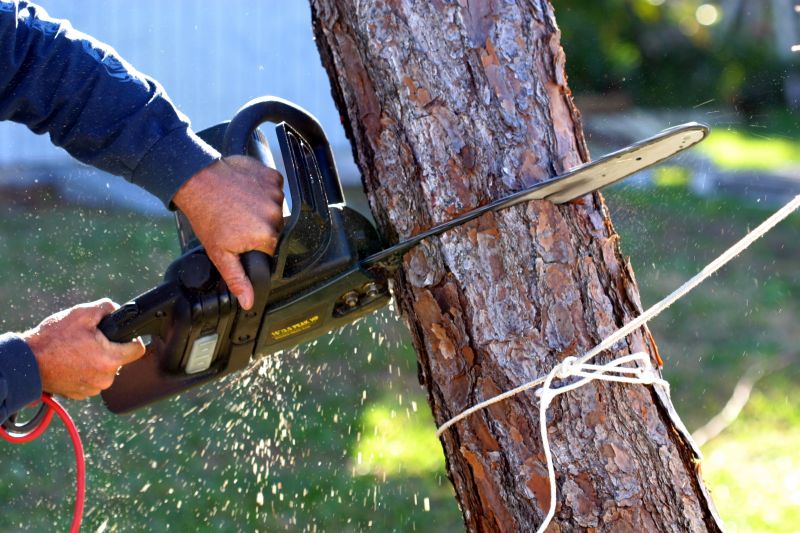
A 60-second routine that keeps Tree Removals looking new.
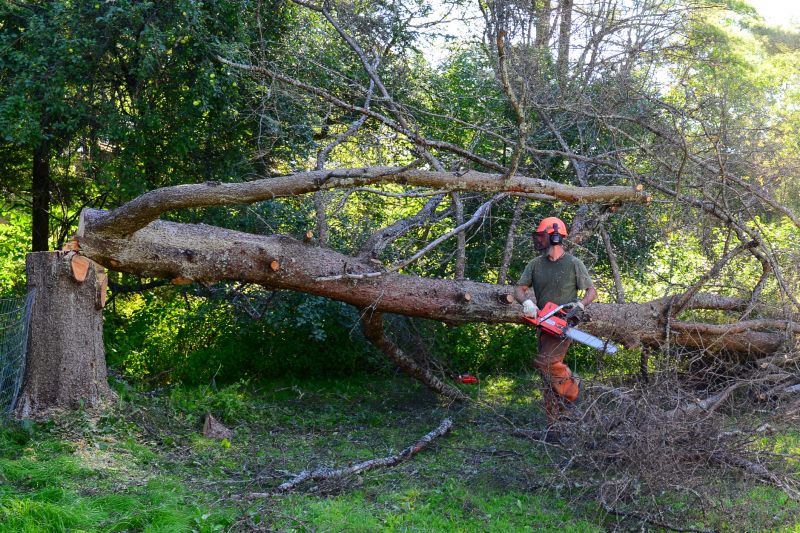
A frequent mistake in Tree Removals and how to dodge it.
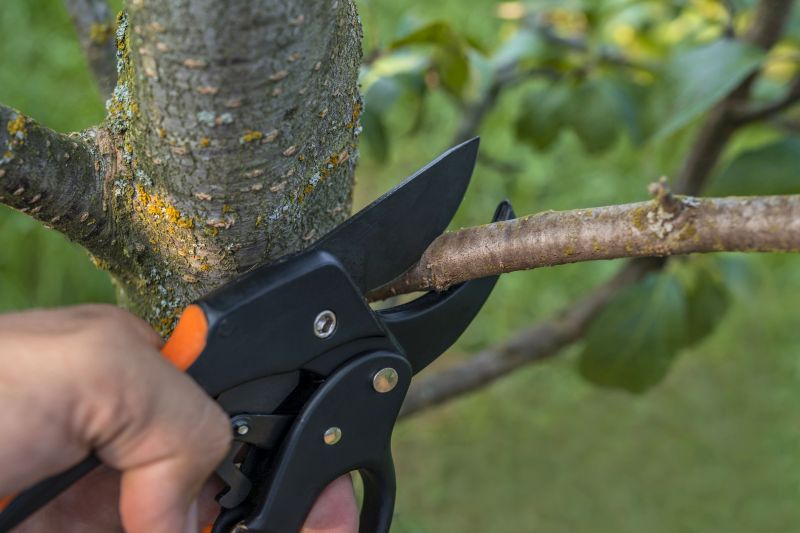
Small tweaks to make Tree Removals safer and easier to use.
| Season | Best for Tree Removals |
|---|---|
| Winter | Ideal due to frozen ground and leafless trees |
| Spring | Good but requires careful planning to avoid disrupting budding trees |
| Summer | Less ideal due to foliage density and heat |
| Fall | Practical with cooler weather and less foliage |
| Autumn | Suitable for safe and efficient removal |
Understanding the optimal timing for tree removals can contribute to safer procedures and better landscape management. Consulting with professionals can help determine the most appropriate season based on specific tree conditions and project goals.
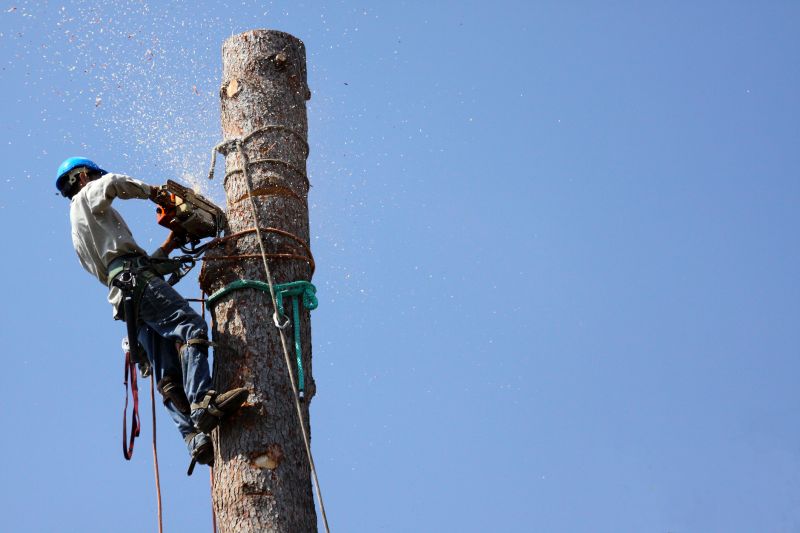
Planning during the right season ensures minimal disruption and safety.
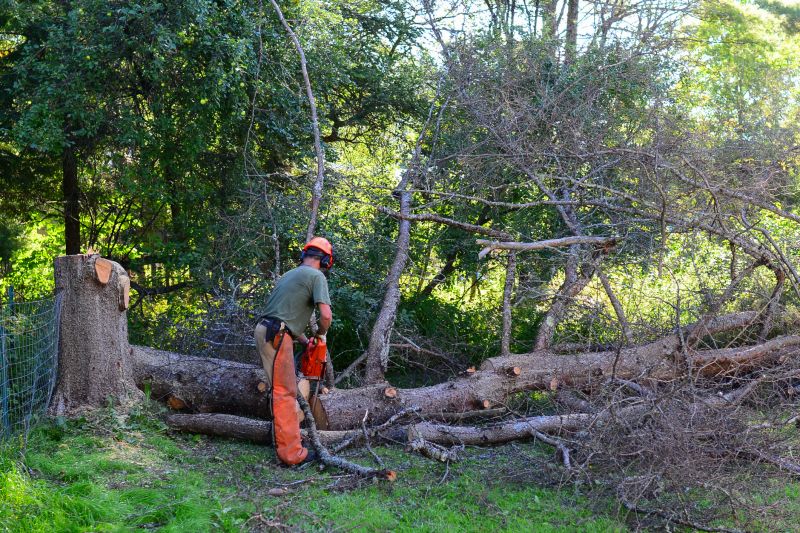
Tree growth cycles influence the best time for removal.
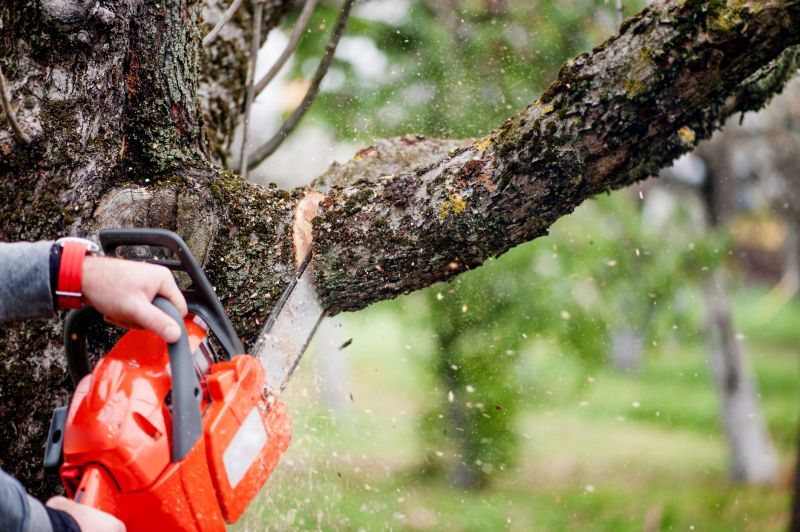
Weather patterns are critical in scheduling tree removal projects.
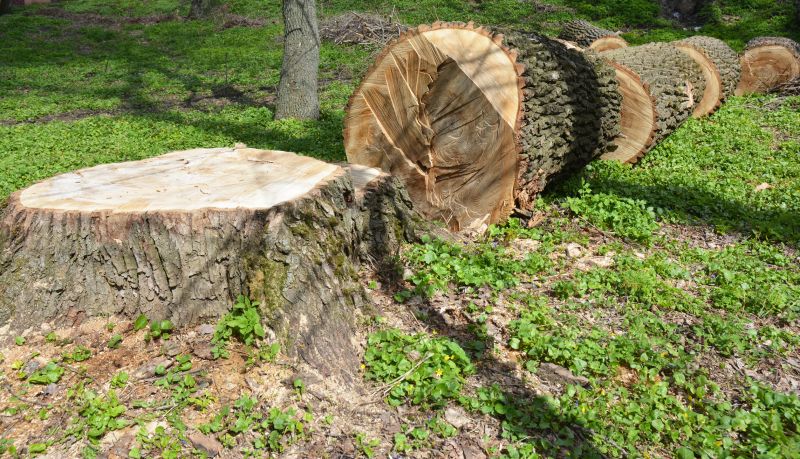
Post-removal landscape images highlight the importance of timing.
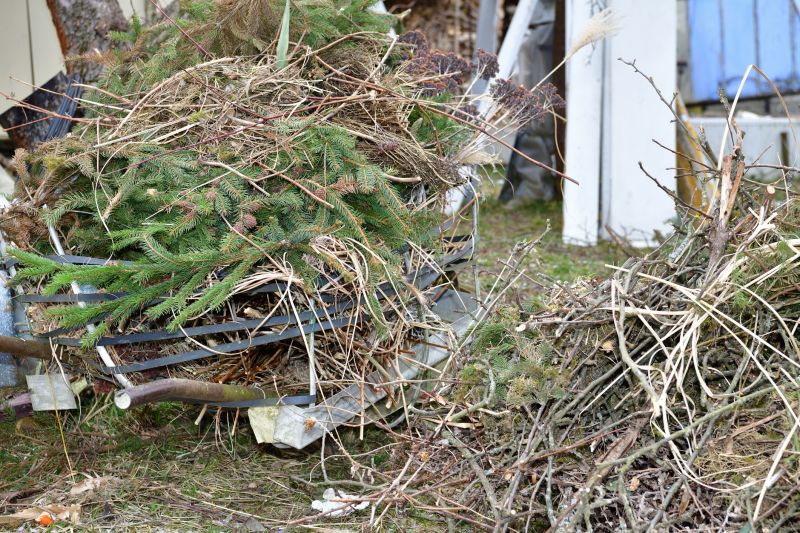
Lower-waste or water-saving choices for Tree Removals.
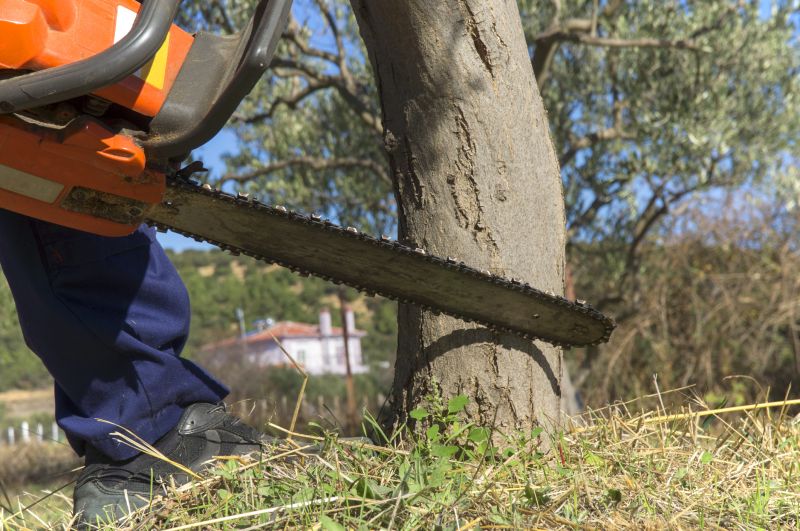
The short, realistic tool list for quality Tree Removals.
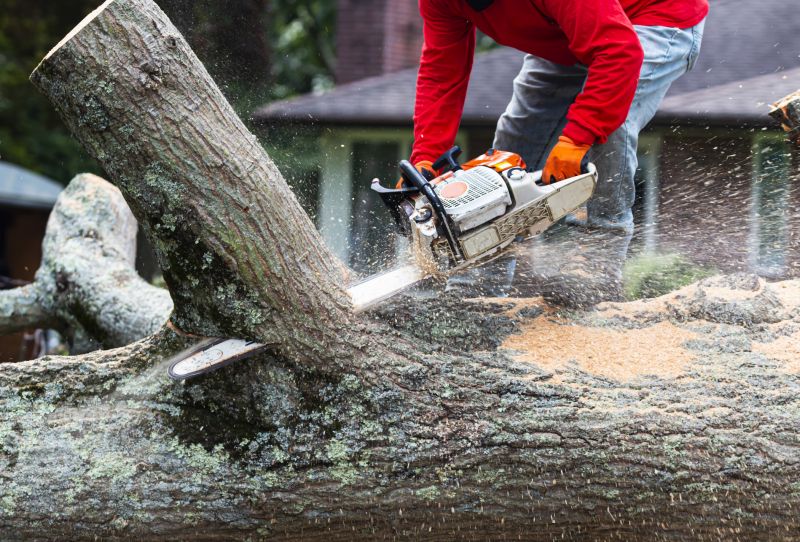
Rough timing from prep to clean-up for Tree Removals.
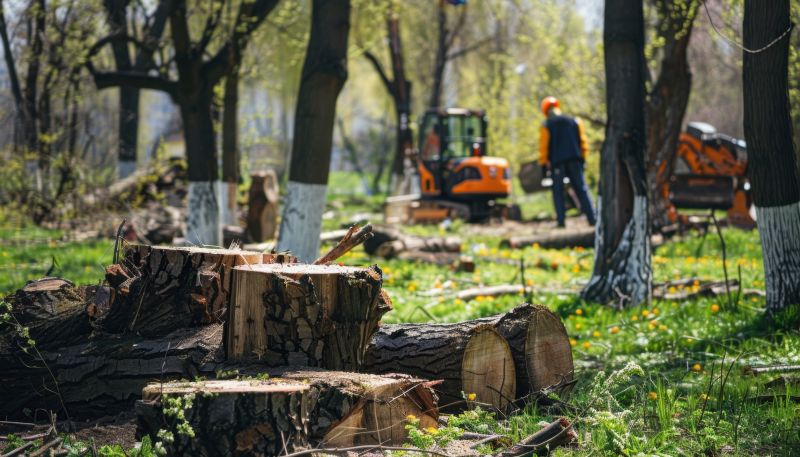
Quick checks and paperwork to keep after Tree Removals.
Interested in scheduling a tree removal? Filling out the contact form provides a way to discuss timing options and project specifics for safe and effective tree management.



